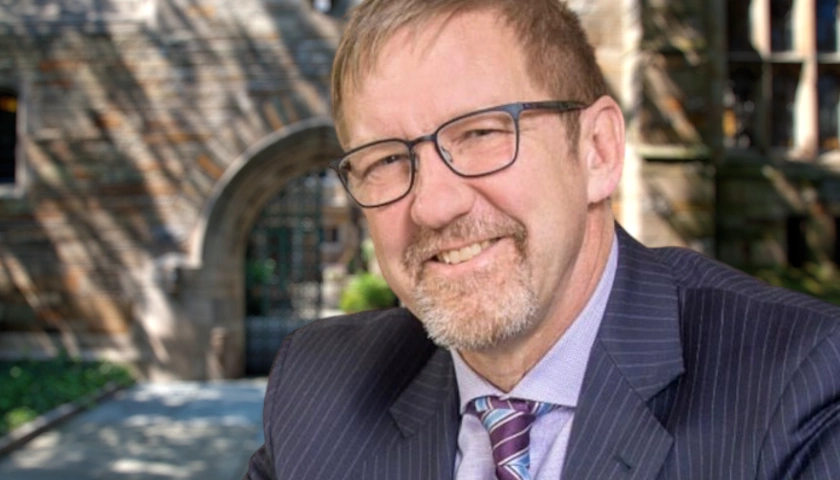by Mary Stroka
Many Minnesota schools are struggling to find substitute teachers.
State Sen. and gubernatorial candidate Michelle Benson, R-Ham Lake, on Friday posted on her campaign website her proposed changes to substitute teacher license regulations, which she claims would increase the pool of short-call substitute teachers and help schools stay open.
Currently, substitute teachers in Minnesota must have a bachelor’s degree (or U.S equivalent as verified by a foreign evaluation) in any field; be enrolled in a teacher preparation program; have completed student teaching, or, for candidates in career and technical education (CTE) fields, have professional certification, associate’s degree, or at least five years of relevant work experience in the CTE field, according to the state application. If they meet those qualifications, they can teach up to 15 consecutive days per teaching assignment. Their license is valid for three years. Currently tiered licensure teachers can use their teaching license.
Benson recommends using federal American Rescue Plan Act funding to cover $90.25 processing fees for each applicant and temporarily increase staffing at the licensing agency to expedite processing. She advised temporarily waiving the requirement of candidates to submit their college transcripts, expanding eligibility to individuals with associate degrees. She also wants to allow teachers with licenses from other states to automatically qualify for substitute licenses. Providing funds to school districts to conduct background checks for parent volunteers is another recommendation.
She claimed the plan would help raise failing reading and math scores, improve public safety, address the achievement gap and stop the impact of distance learning on mental health.
Minnesota Professional Educator Licensing and Standards Board Executive Director Alex Liuzzi told The Center Square that many of Benson’s proposals, such as the bachelor’s degree requirement and expediting the licensure process, align with changes to statutes the board is discussing with policymakers.
Liuzzi said the agency would want to know more about the scope of recommended changes Benson announced in the post to predict the impact of the recommendations.
“It is unclear whether some of these changes would expand to any individual seeking to become a short call substitute or simply parent volunteers. … Many of the changes would likely both expand the pool of applicants qualified to substitute teach and expedite the process for issuing the licenses. Of course, if the proposal extends beyond parent volunteers, the impact would be much greater,” he said.
Liuzzi said finding short-call substitutes for Minnesota schools has been challenging for many years. The board’s 2021 biennial report on supply & demand of teachers in Minnesota found that 204 school districts perceived the issue of substitute teacher shortage as having “very significantly” impacted them and 245 districts reported there were significantly fewer available substitute teachers compared to five years ago. Substitute teacher certification was separated in July 2018 into short-call substitutes and long-call substitutes.
“While the pandemic has expanded the need for short-call substitutes, the recent spike in Omicron cases has only exacerbated the crisis,” Liuzzi said. “Without qualified adults to work with students, districts have had to face difficult choices. … Implementing every change proposed by policymakers will not make the problem suddenly go away, but it will help. We all seek reasonable solutions for keeping our schools open and our keeping our students safe and receiving a quality education in these difficult times.”
PELSB wants to ensure that individuals are still required to obtain a license through the state and complete a background check, Liuzzi said.
Applications to become a short call substitute teacher for Minnesota schools are available here.
– – –
Mary Stroka contributes to The Center Square.





